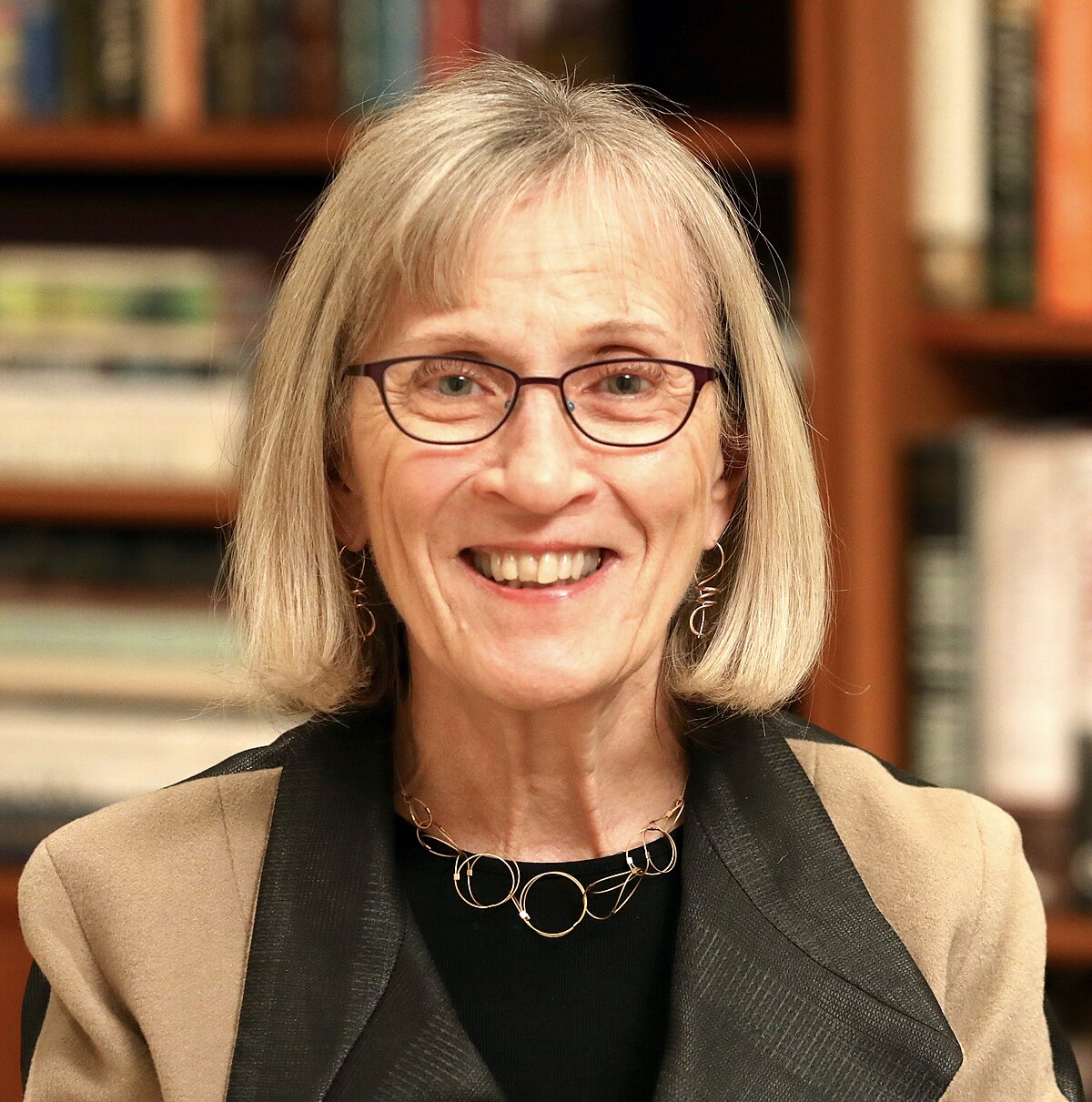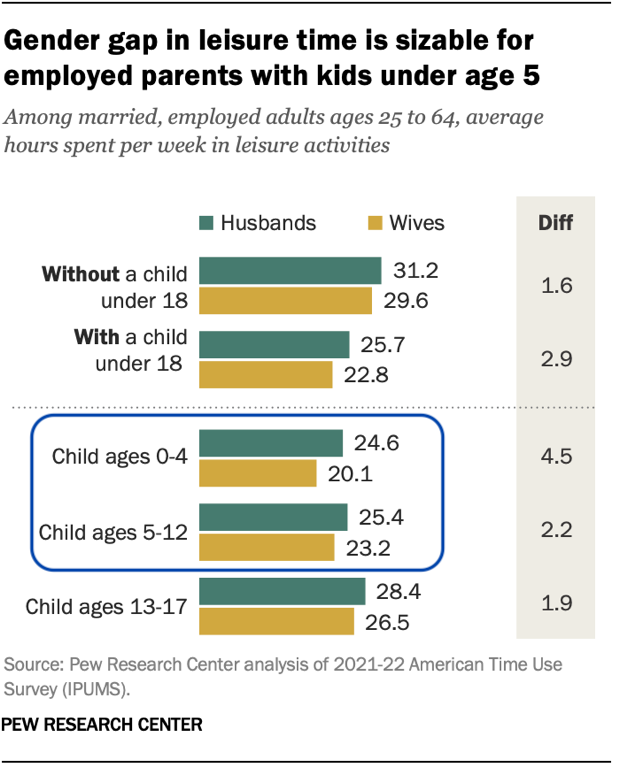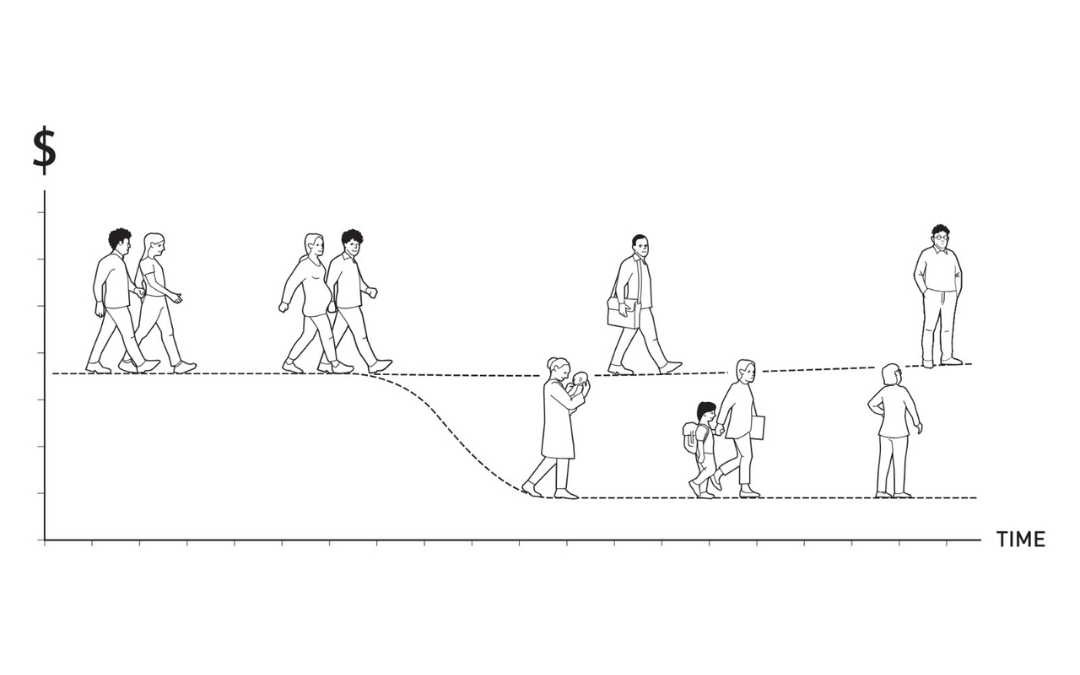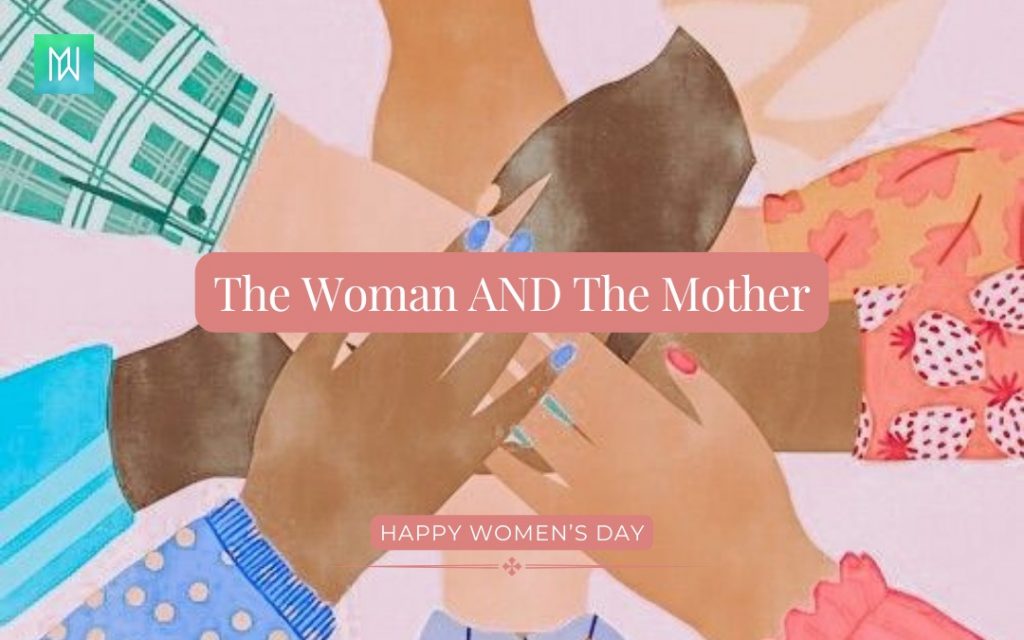PC: nobelprize.org
It’s not just our immediate families that benefit from our work as moms, but also the world at large.
Yet, the parenthood effect is mostly felt by mothers.
That’s why we want two things for Mother’s Day:
1. Do nothing for one day.
2. Flexible jobs without a wage penalty, and affordable child care.
We’ll talk about the second ask first.
Globally, around half of all women are in paid employment, while the equivalent figure for men is 80%.
When women work, they usually earn less.
Understanding how and why levels of employment and earnings differ between women and men is important for social and economic reasons.
Claudia Goldin, an economic historian at Harvard, won the Nobel prize in economics last year for her work on women’s role in labor markets.

Her work showed that historically, economic growth was linked to more women in paid work. So if countries want to grow, they should engage as many women as possible in paid labor.
Also, it is economically inefficient for jobs not to go to the most qualified person and, if pay differs for performing the same work, women may be disincentivized to work and have a career.
A study as recent as 2022 shows that for every $1 that a man earns in the USA, a woman earns 82 cents. In earlier work, Goldin pointed to data that showed this difference to be larger in gender-conservative countries.
In a set of papers, she identified both a proximate cause – parenthood – and a contributing driver of that cause – workplace inflexibility.
So the next time you feel that you’re not getting paid enough at work, you’re probably right.
Women are paid less when they demand flexible work because they’re the “on-call” parent. Many countries, including the US, don’t support mothers in the workforce adequately.
Finding high-quality, affordable childcare is such an issue that mothers are leaving the workforce to care for their kids.
This report says, “In the spring of 2020, 3.5 million mothers left their job, driving the labor force participation rate for working moms from around 70% to 55%.”
When mothers leave jobs, it isn’t just their earning capabilities that suffer. This also has an adverse effect on the economy.
According to the same report, “…due to breakdowns in the childcare system, the [5] states surveyed… missed an estimated average of $2.7 billion annually for their economies.”
Goldin is only the third woman to win the Nobel Prize for Economics, and the first to win it solo.
In an interview soon after the prize was announced she said, “I got hundreds and hundreds of emails from women who said: I cried, I want to hug you. I get the sense that isn’t my Nobel, it’s a Nobel for women in general and for that I am very pleased.”
For so long, women’s unique life paths and experiences have been assumed to be a subset of men’s histories. Thanks to her path breaking work, we can quantify the contribution of women’s paid labor to the economy (the value of our unpaid invisible labor is in addition to this).
Plus we have conclusive evidence that if less women engage in paid work, it can impact economies significantly in the immediate term, and stunt growth in the long term.
Now to our first ask – to do nothing for a day.
The fact that we feel a bone deep exhaustion on a daily basis is proof enough that we’re doing a lot more than one person should do.
This article from the Pew Research Center partly explains why.
It shows that mothers of young children spend 4.5 hours per week less on leisure time than fathers, because they’re doing housework and engaged in child care.

So the gender gap extends to leisure too.
This could be why you feel too tired to play when your kids ask you to, and that’s totally okay. Pick activities that match your energy levels, and schedule some time later for active play.
Here’s another great list of low-energy, high-impact activity games to play with toddlers, and a reddit thread with more suggestions.




